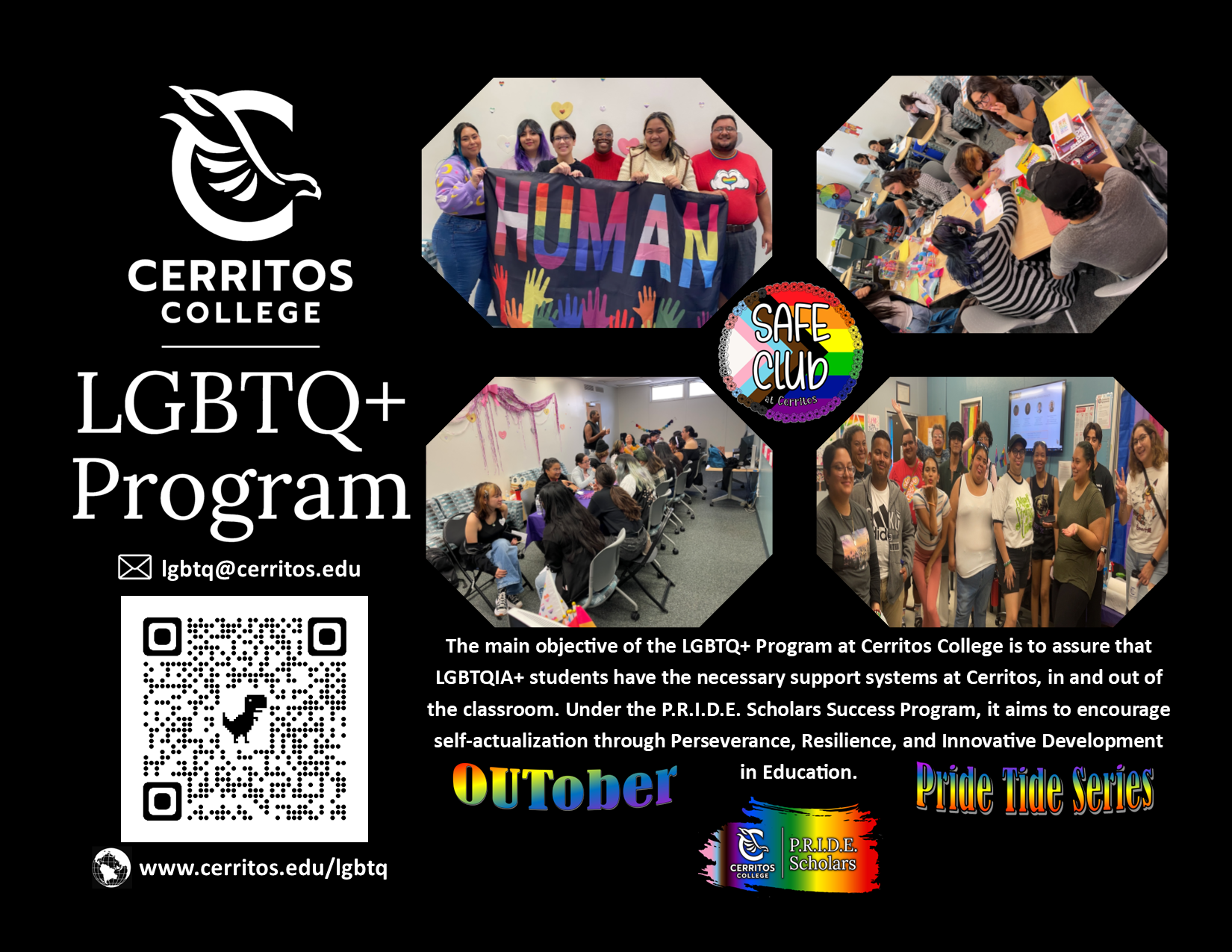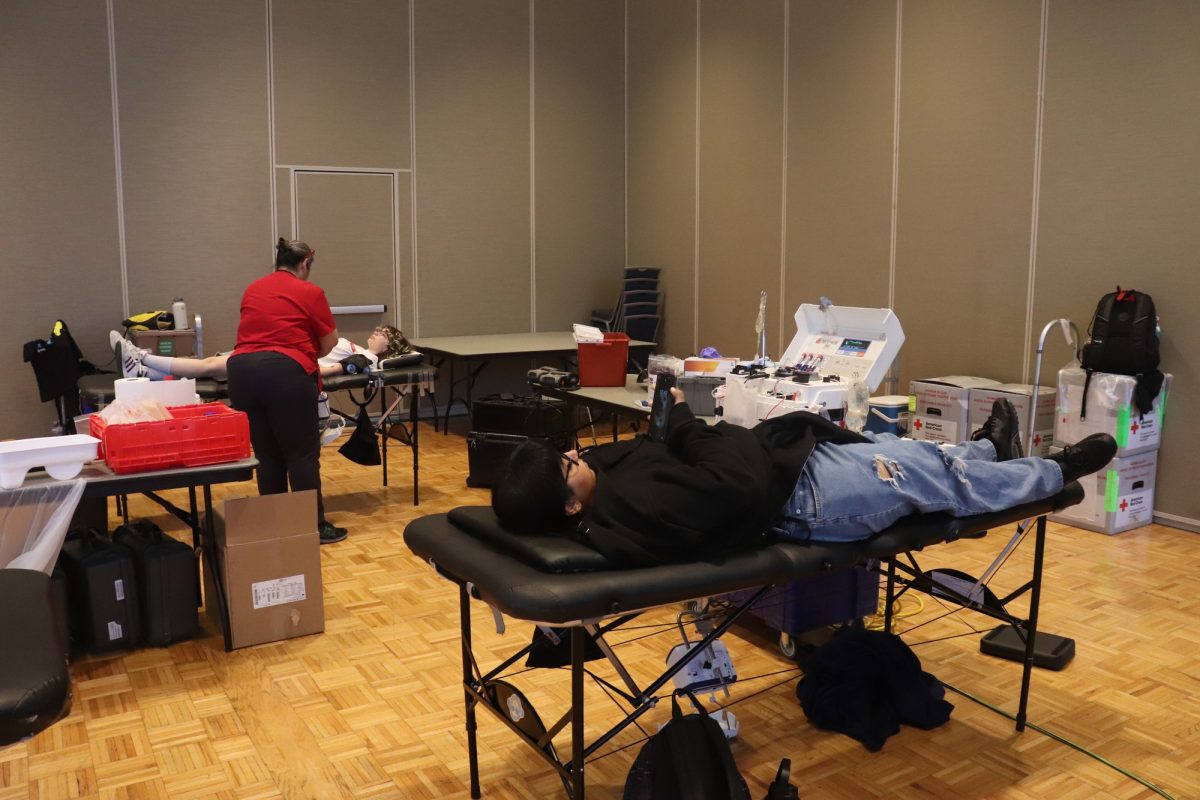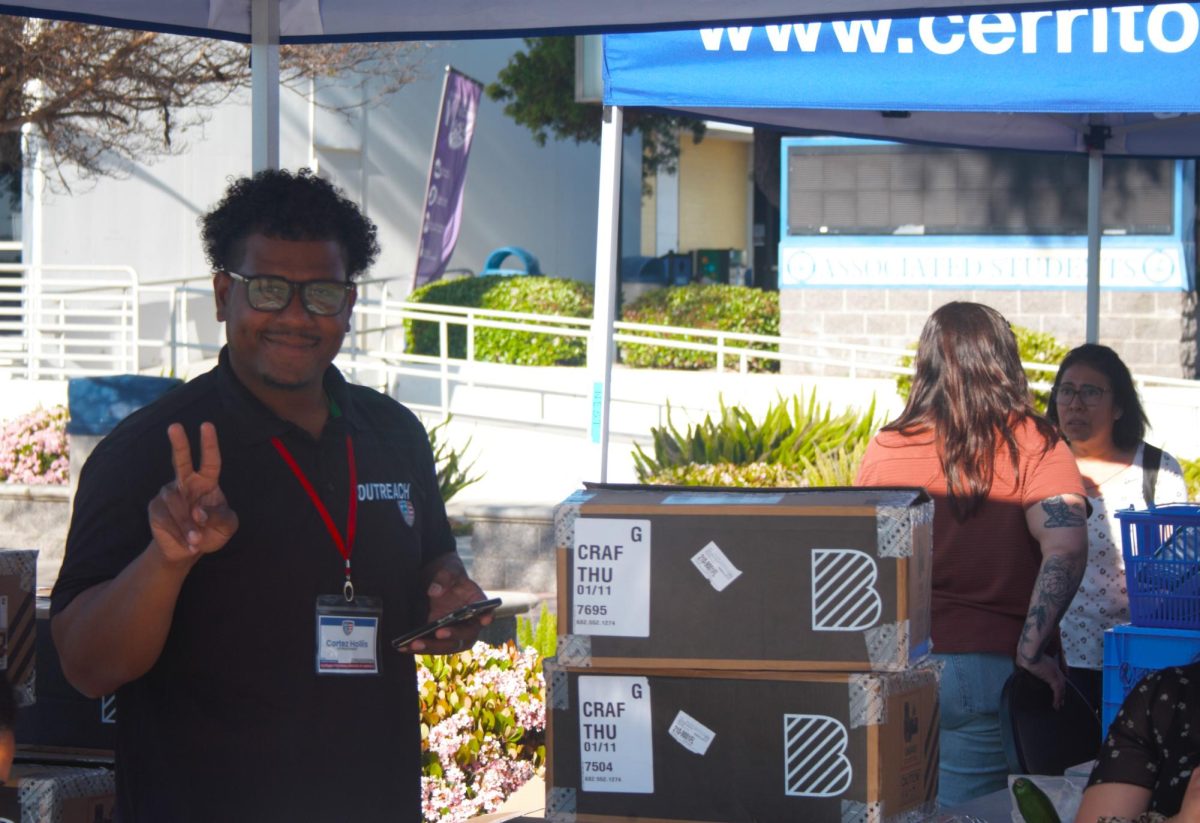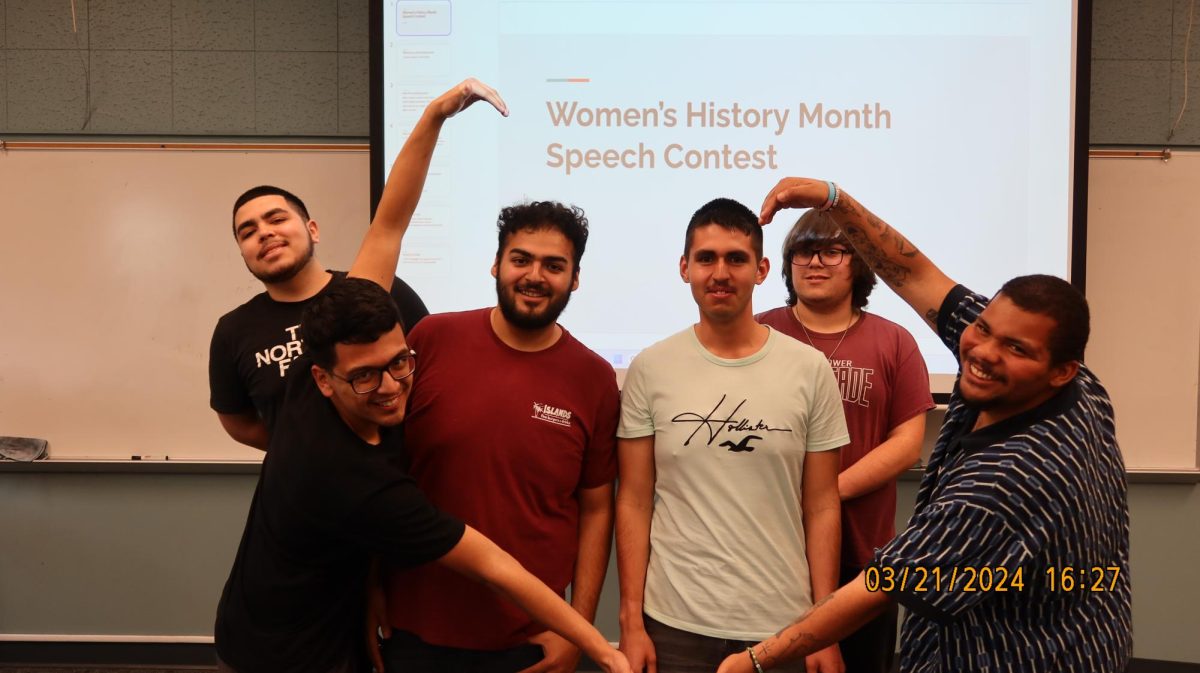The stigma that Americans have of homeless people may be along the lines of lazy, uneducated, or mentally ill. However, 32 percent of homeless people have graduated college and have degrees.
The Social Equality Club held a film screening about the Student Debt Crisis last Tuesday, informing the students on why they should get loans, how it will effect their lives, and what happens after they have this debt.
The average student graduates with a debt of $23,800 after graduating with their Bachelors Degree at a four-year university, according to the American Assistance Association.
However, this does not include the loans that parents take out to help their sons and daughters pay for university.
For students planning to transfer, a question they might want to consider is, how will debt impact their livelihood?
Because graduates are in so much debt, they have to plan every move, that has to do with a monetary value, like they would a chess movement; whether it is buying a house, buying a car, or even starting a family.
“For me, that’s part of ruining my livelihood. I personally want kids in the future and, to feel like I can’t afford having a family, that’s really devastating,” Jennifer Ovalle, vice president of the Social Equality Club, said.
Education seems to be in the back burner, yet it is a solution to many of the world problems such as crime rate and poverty.
Ovalle led a discussion after the documentary that addressed questions that students need to know about debt.
The realistic question of how debt will effect students after they graduate makes students have a second thought about their college investment.
“The bigger chunk of your household paychecks will go toward paying college debt instead of buying goods and services,” Ovalle said.
“One important thing for students is to collectivize and communicate about this issue, and attack the root of this problem: policy, administration (and) politics,” philosophy major Ervan Chavez said.
“We aren’t in the political system. We don’t have a voice. We don’t collectivally get together and create that voice,” Ovalle said.
After hearing the discussion’s call for activism in students, Chavez said his goal was to get organized with other students.
“It was encouraging to see other students active, and that they care about the issue that we’re facing because it’s an issue that discourages students.
I’ve had plenty of family members that have said I’m not going to college because it costs too much,” he said.












